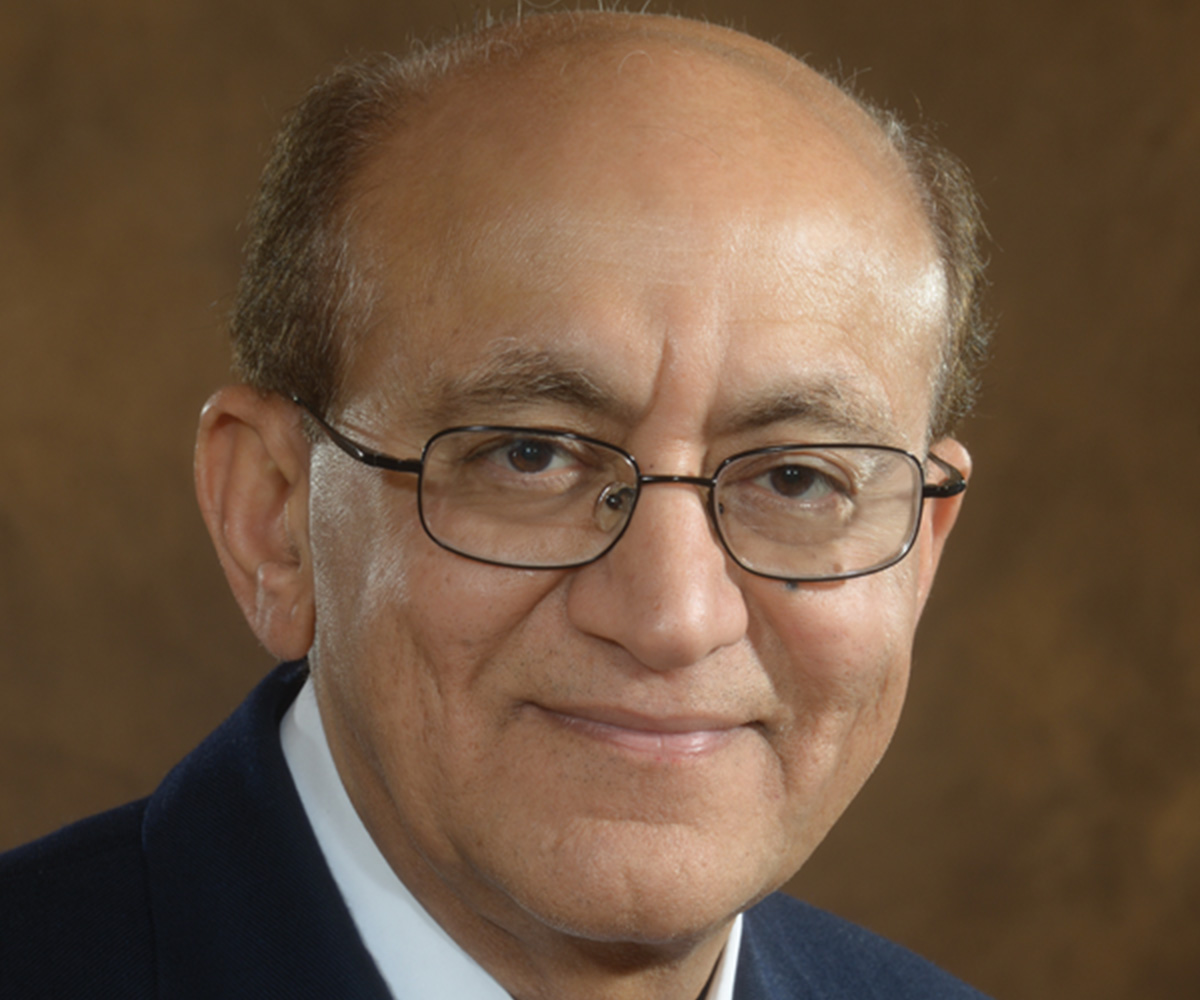
Pancreatic ductal adenocarcinoma (PDAC) is highly resistant to most therapies, including immunotherapies. The cancer is characterized by activating KRAS mutations, seen in 90% of cases, and alterations to the tumor suppressor TP53 in some 70% of patients. Researchers led by Ludwig Harvard’s Rakesh Jain and Phillip Sharp of MIT examined the impact of p53 missense mutations on the intrinsic gene expression of cancer cells and the tumor immune microenvironment (TME) in PDAC. They reported in a June paper in Immunity that a common oncogenic mutant, p53R172H, establishes an immunosuppressive TME in PDAC, with fewer T cells and more myeloid-derived suppressor cells, which inhibit anti-tumor immunity. They also showed it impairs the efficacy of immune checkpoint inhibitors (ICIs) by regulating a distinct set of chemokines. Tumor-specific reduction of one of these cytokines, Cxcl1, which encodes a chemoattractant for neutrophils, promoted T cell infiltration and decreased tumor growth. The researchers show that p53R172H binds and occupies distal enhancers of Cxcl1, amplifying its expression and immunosuppressive function. Its occupancy of these enhancers and activation of Cxcl1 expression depends on the transcription factor NF-κB. The study shows that a common mutation in a tumor-suppressor transcription factor appropriates enhancers to stimulate chemokine expression and establish an immunosuppressive TME that diminishes ICI efficacy in PDAC.
Mutant p53 exploits enhancers to elevate immunosuppressive chemokine expression and impair immune checkpoint inhibitors in pancreatic cancer
Immunity, 2025 June 30